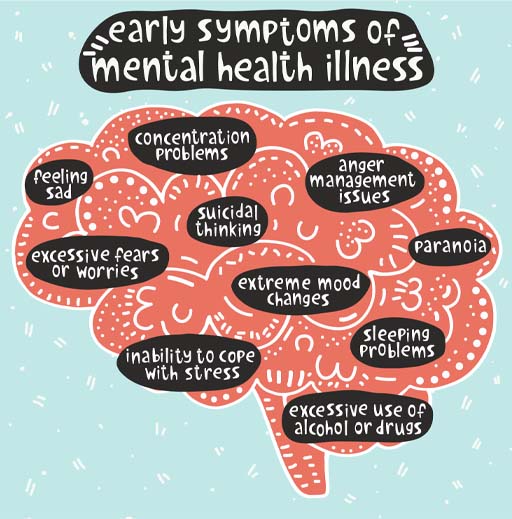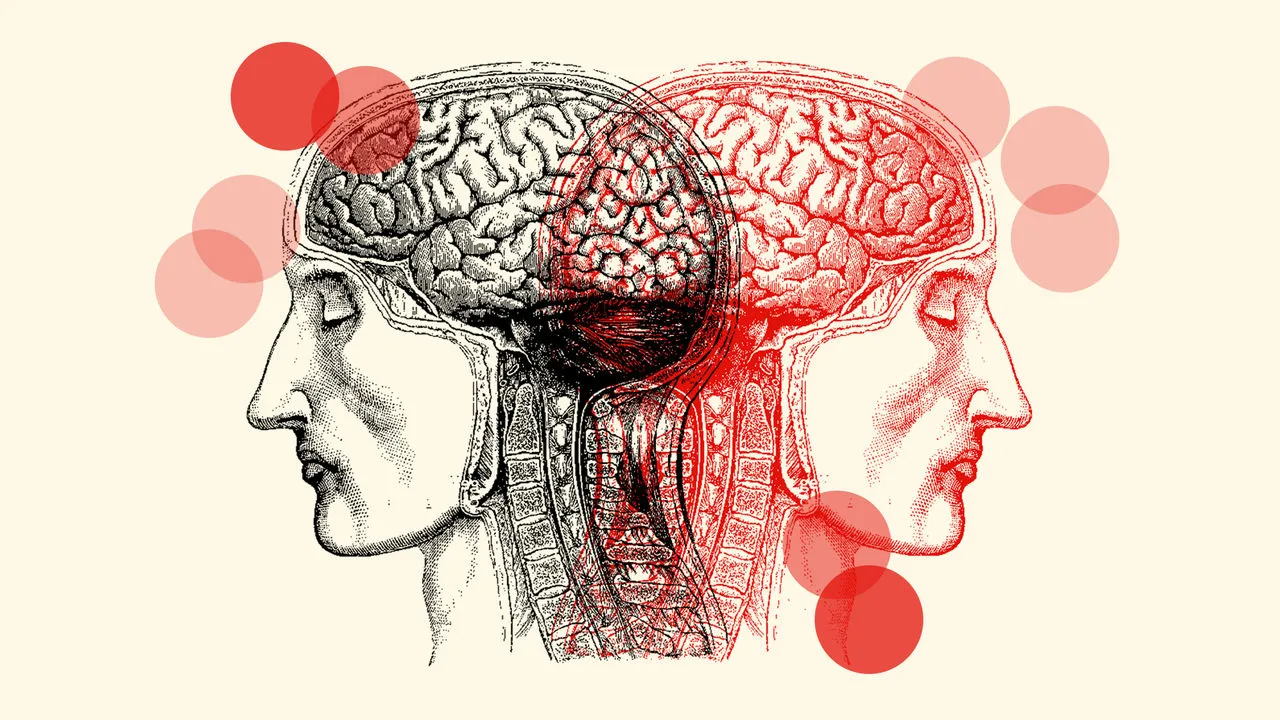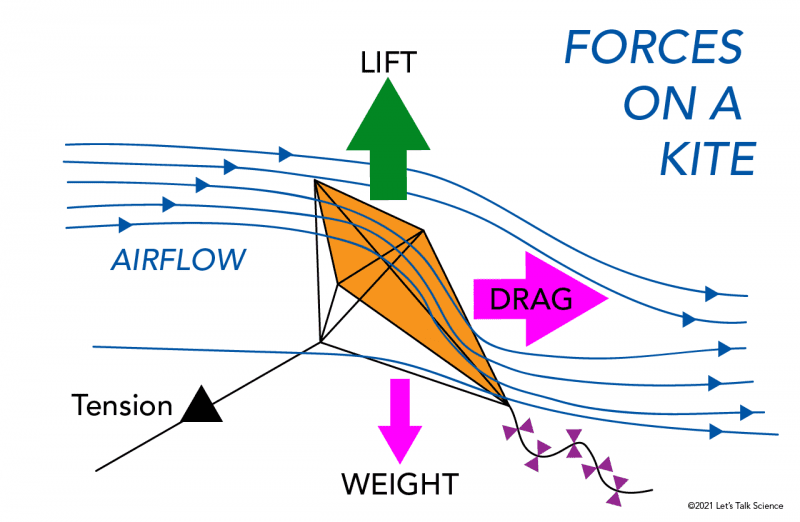Your cart is currently empty!
Breaking the Stigma and Seeking Help
By Christella LUMAMBA, Mentee Writers Hub/GBV & Youth Rights Awareness
In today’s challenging world, mental health conditions have become increasingly common among youth, particularly those living in conflict-torn regions. For young refugees in settlements like Kyaka, the toll of trauma, displacement, and uncertain futures can exacerbate mental health challenges. Yet, many remain unaware of the importance of seeking professional help due to cultural stigmas and a lack of understanding. This article aims to mobilize youths to prioritize their mental well-being and embrace psycho-clinical care when needed.
Understanding Mental Health Conditions in Refugee Contexts

Youth refugees often experience unique stressors, including trauma from war, separation from loved ones, and the difficulties of adapting to life in refugee settlements. These experiences can lead to various mental health conditions, such as:
- Post-Traumatic Stress Disorder (PTSD):
PTSD is common among those who have witnessed violence or lost loved ones in conflict. Youth with PTSD may have nightmares, flashbacks, or avoid situations that remind them of their trauma. Compared to peers without PTSD, they might struggle to concentrate in school or interact socially. Those without PTSD tend to adapt more quickly to new environments and are more likely to build positive relationships. - Depression:
Depression manifests as persistent sadness, loss of interest in activities, or feelings of hopelessness. Refugee youth facing depression might withdraw from friends, neglect their responsibilities, or even have suicidal thoughts. In contrast, their non-depressed peers often display resilience and participate actively in community life, despite facing similar external challenges. - Anxiety Disorders:
Anxiety can result from constant uncertainty and fear, which are prevalent in refugee settlements. Youths with anxiety might exhibit restlessness, irritability, or a constant sense of dread. Comparatively, those without anxiety are better able to cope with stressors and adapt to their new realities. - Adjustment Disorders:
Life in refugee settlements like Kyaka often includes overcrowding, lack of privacy, and cultural differences. Youths with adjustment disorders may find it particularly difficult to manage these changes, displaying erratic behaviors or outbursts. Those without such disorders, while facing the same environment, may develop coping mechanisms to navigate the challenges more effectively.
Challenges of Refugee Life in Kyaka
Life in Kyaka refugee settlement is far from easy. Parents, once providers through farming or other work, are often unable to sustain their families. Youths face added pressures of poverty, disordered cohabitation, and limited access to education or healthcare. These harsh realities not only deepen pre-existing mental health issues but can also trigger new ones.
For example, the constant stress of living in overcrowded spaces can lead to conflicts among peers, further affecting mental stability. While some youths manage to find solace in community activities or friendships, others may spiral into isolation and despair.
Breaking the Stigma: Seeking Help is Strength, Not Weakness

Despite the evident need for mental health care, many African societies view seeking psychological help as a sign of weakness or shame. This stigma prevents many youths from reaching out to psycho-clinicians who could guide them toward healing. However, it’s essential to understand that seeking help is a sign of strength, not weakness.
A psycho-clinician provides professional support to identify, manage, and treat mental health conditions. Just as one would see a doctor for a physical illness, consulting a mental health expert is a normal and necessary step toward recovery. The earlier youths seek help, the better their chances of regaining control over their lives.
Call to Action
To the youth: Your mental health matters. If you suspect you or someone you know is struggling with mental health, speak up and seek help. It is not a shame to consult a psycho-clinician; it is a bold step toward building a brighter, healthier future.
To parents, community leaders, and educators: Let us break the stigma surrounding mental health. Encourage open conversations, create supportive environments, and advocate for accessible mental health services in refugee settlements.
Together, we can ensure that every young person—regardless of their circumstances—has the opportunity to thrive. Let’s make mental health care a priority, not an afterthought.
Christella LUMAMBA, Mentee Writers Hub/GBV & Youth Rights Awareness


-
Youth and Finance Series #3: The Parable of Tamaa and Mnyenyekevu
-
Understanding Mental Health Conditions in Refugee Contexts (Part III): Case Studies I & II
-
Understanding Surface Tension
- Energy Essentials: Youth in a Power-Driven World/Manzi BIRAGUMA, Real-World Physics/Claude TUYISHIME
Turning Solid Waste into Gas for Home, Industrial, and Vehicle Fuel Use
-
Youth and Finance Series #2: Mastering the Art of Budgeting
-
Youth and Finance Series #1: The Saving Mindset
-
Understanding Mental Health Conditions in Refugee Context (Part II): Depression
-
Understanding Mental Health Conditions in Refugee Contexts (Part I): PTSD
-
Youth Mental Health Matters
-
Using Energy Sustainably in the Community

Powering Our Future: Exploring Energy Sources and the Journey to Sustainable Solutions

Mastering the Wind: How Air Resistance Shapes Our World
3 responses to “Youth Mental Health Matters”
We need to pay attention to ourselves and fellows to identify the problems and how to cope with the problems. Thank you Christella for this insight
Outrageous and marvelous!
I think you may have encountered many children in Kyaka with the above challenges, but we were mistaking the problems they have with other things like indiscipline.

Leave a Reply